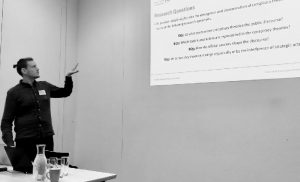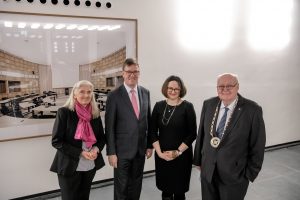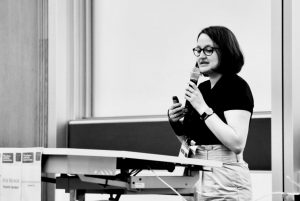DEMORESILDIGITAL RESEARCH ON THE COVID-19 PANDEMIC PART II: Fueling the Infodemic?
In a DemoRESILdigital brief summary report, Lena Frischlich, Tim Schatto-Eckrodt, Lara Kuhlfeldt und Lena Clever present initial data on Germans’ news sources during the early-days of the COVID19 contact restrictions (March 26 – April 9, 2020) and about Germans’ exposure to distorted information during this time based on a random quota survey of the German population (N = 967, representative in terms of age, gender, and federal state). The authors examined Germans’ news sources during the pandemic and examined the relationship between using non-professional and alternative news sources and the self-reported exposure to distorted information about COVID-19. The data was collected as part of a larger, pre-registered project addressing individual risk and resilience factors for encountering and believing misleading information about the pandemic. The DemoRESILdigital brief summary report can be read here.


